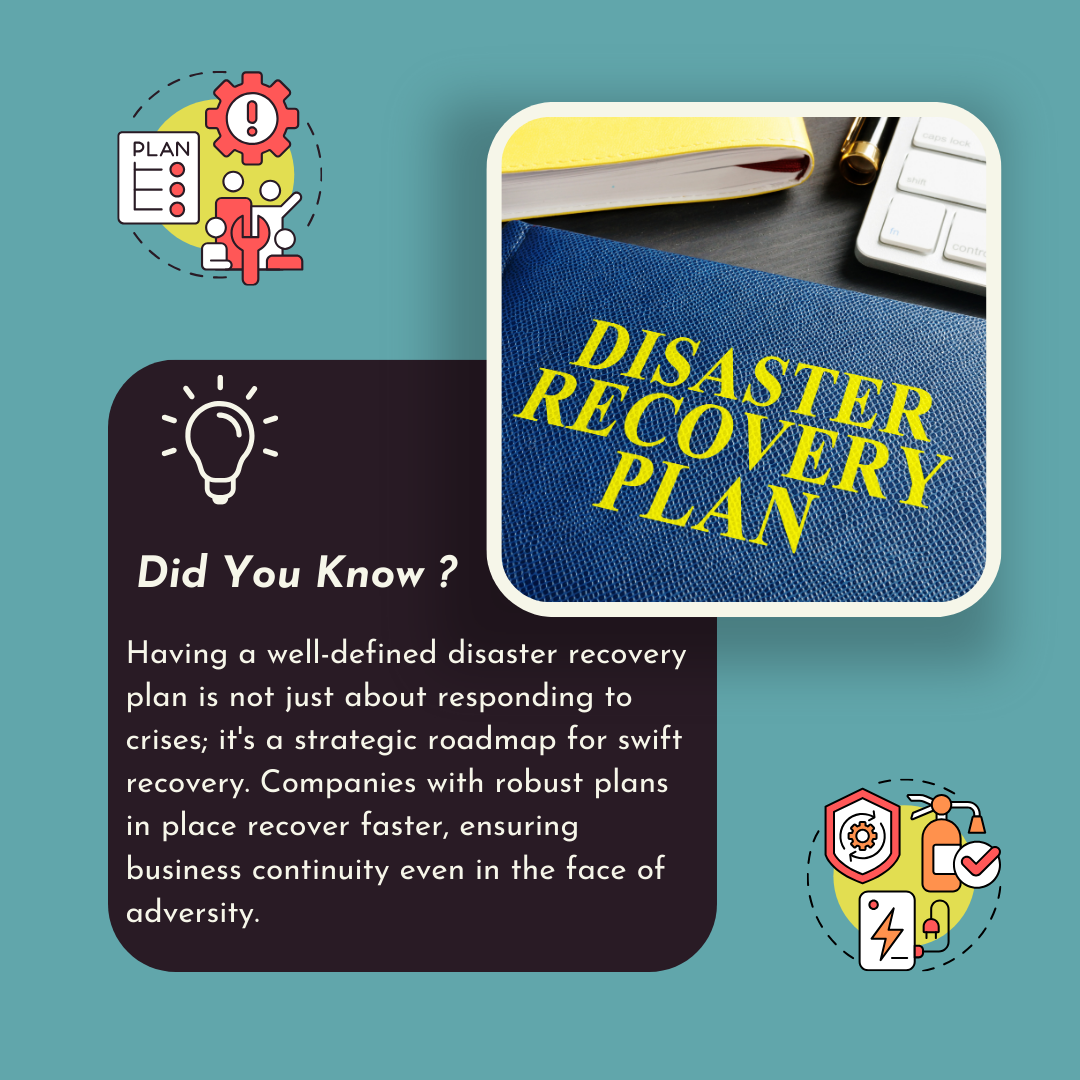Emergencies can strike at any time, often without warning. Whether it’s a natural disaster, a power outage, or a medical emergency, having a well-thought-out family emergency plan is crucial for ensuring the safety and well-being of your loved ones. In this article, we’ll guide you through the essential steps to create an effective family emergency plan and highlight key considerations to keep in mind.
Assessing Potential Risks
Before creating your emergency plan, it’s important to assess the potential risks in your area. Consider the types of disasters or emergencies that are most likely to occur, such as earthquakes, floods, hurricanes, or wildfires. Understanding the specific risks in your region will help you tailor your plan to address those threats effectively.
Communication is Key
A fundamental aspect of any family emergency plan is communication. Establish a reliable communication strategy that includes multiple methods to ensure everyone can be reached. Create a contact list with essential phone numbers, including family members, neighbors, and emergency services. Additionally, designate an out-of-town contact person whom everyone can reach and check in with during an emergency.
Emergency Kit Essentials
Prepare an emergency kit with essential supplies that can sustain your family for at least three days. Include items such as non-perishable food, water, medications, first aid supplies, flashlights, batteries, and important documents (such as identification, insurance information, and medical records). Periodically check and update your emergency kit to ensure that all supplies are current and in good condition.
Evacuation Plan
Develop a clear evacuation plan with designated meeting points both inside and outside your home. Familiarize everyone with escape routes and ensure each family member knows how to safely evacuate the house. Practice evacuation drills regularly to ensure that everyone is familiar with the procedures, especially children and pets.
Special Considerations for Children and Pets
When creating your family emergency plan, take into account the specific needs of children and pets. Ensure that you have enough supplies for infants, including diapers, formula, and baby food. Discuss emergency procedures with children in an age-appropriate manner, and make sure they know who to contact if separated. For pets, include their necessities in the emergency kit, such as food, water, and medications.
Stay Informed
Stay informed about potential emergencies by monitoring local news, weather updates, and official announcements. Invest in a weather radio to receive alerts and warnings directly. Social media platforms and emergency notification apps can also provide real-time information during crises. Being well-informed allows you to make timely decisions and respond effectively to changing situations.
Designate Responsibilities
Assign specific responsibilities to each family member to ensure a coordinated response during an emergency. Designate tasks such as turning off utilities, gathering emergency supplies, and caring for pets. Having clearly defined roles will help streamline the response process and avoid confusion when time is of the essence.
Regularly Review and Update
A family emergency plan is not a one-and-done task. Regularly review and update the plan to account for changes in family dynamics, contact information, or living arrangements. Conduct practice drills at least twice a year to keep everyone familiar with the procedures and to identify any areas that may need improvement.
Conclusion
Creating an effective family emergency plan is a proactive step toward ensuring the safety and well-being of your loved ones in times of crisis. By assessing potential risks, establishing communication strategies, preparing emergency kits, and practicing evacuation procedures, you empower your family to respond effectively to unforeseen events. Stay informed, designate responsibilities, and regularly update your plan to adapt to changing circumstances. Taking these steps will contribute to the resilience and preparedness of your family in the face of emergencies.

